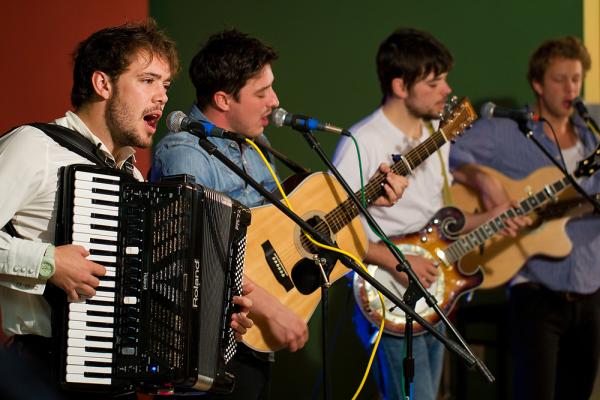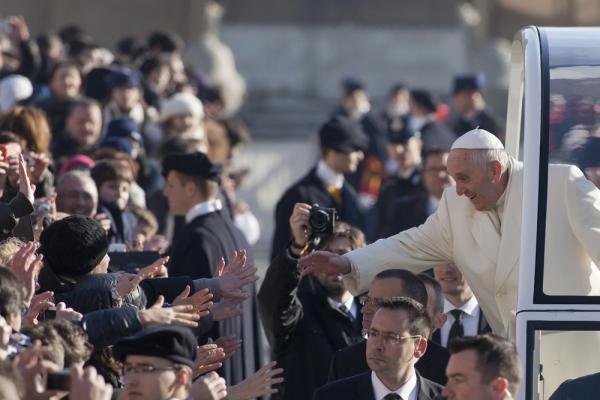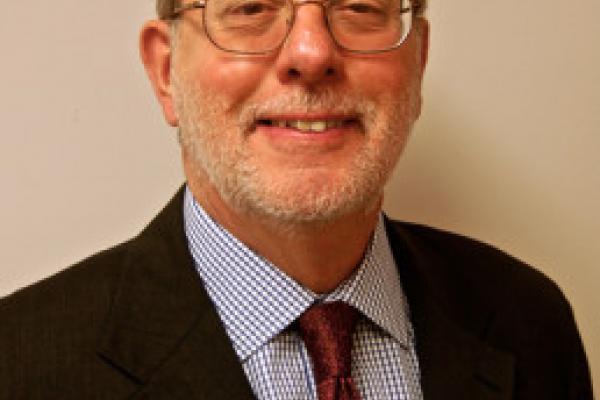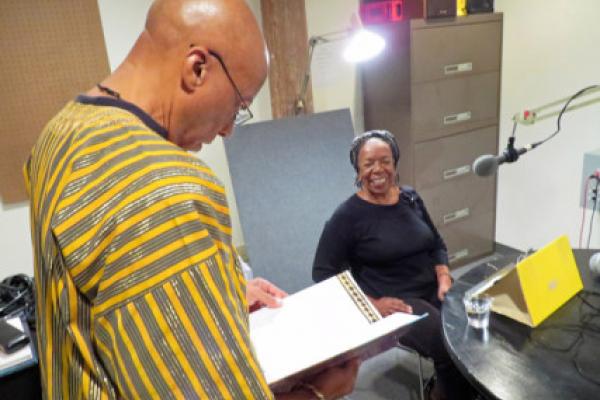This year I have been trying something new to me. I’m trying my hands at a little music or concert review. It’s a chance to experiment with this nascent methodology I’m developing. The posts have been some of the most commented upon on Facebook and even on the blog. Thanks for everyone’s engagement!
Though not the beginning, certainly the central review is this duo about Mumford and Sons and eschatological banjos. Cathleen Falsani was in town and we had a great time at these shows. These concerts are all about the eschaton, transcendence, immanence, and banjos. There are always banjos. I know.
O gracious God, we thank you for getting us through 2013 — cantankerous, contentious bickering mess that it was on many public and political fronts — and we pray that you will help us to look back on it as the low-water mark from which American society emerged more civil and united.
For us to see an answer to that prayer, we must resolve to begin 2014 by climbing into stronger, healthier relationships with other people — not waiting stubbornly for them to come around to our way of thinking but deliberately moving to a position from which we love them more, understand them better, and honor our God in a new way.
Move far enough in this way, and we will turn our fractious society upside down.
The year 2013 ushered in a number of data milestones in American public opinion. Here is a sampling reported by the Pew Research Center.
In the perfection of hindsight, I see that I was clueless when I knelt before the Episcopal bishop of Indianapolis on a snowy December night 36 years ago and claimed my prize: ordination as a priest.
I had no clue how to serve a congregation. Other than planning Sunday worship — the easiest of all clergy tasks — I was unprepared.
How to make a hospital visit; how to lead a council whose only instinct was not to spend money; how to grow a church; how to comfort the lost and to humble the found; how to hear what the world needed from us — I knew none of it.
Kwanzaa began Wednesday but two veteran storytellers began planning for the weeklong celebration of the Western African diaspora back in October.
That’s when Wilmington, North Carolina, storyteller Joyce Grear and Madafo Lloyd Wilson, host of A Season’s Griot, met to decide what story Grear should read this year.
They sat in the wide, barren conference room between radio studios at WHQR Public Radio, where A Season’s Griot has been produced for more than two decades as the only nationally syndicated Kwanzaa radio show in the country.




